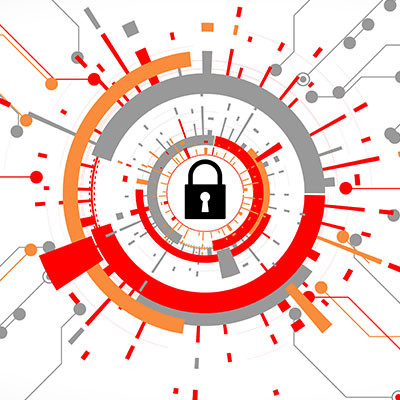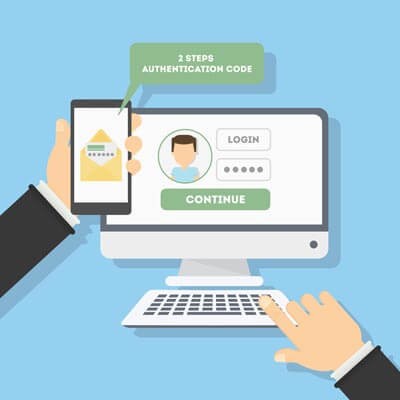Healthcare services have been becoming more and more digitized over the last decade, and this has led to a massive outbreak in cyberthreats that particularly target healthcare service providers. Healthcare providers need to take increased measures to protect sensitive patient data, ensure they meet regulatory compliances, and maintain the integrity of their data. Let’s explore cybersecurity best practices for healthcare facilities and talk about how this goes hand-in-hand with general IT services.
AccessMSP Blog
Cybercrime has been, unfortunately, on the rise over the past few years, with ransomware, data breaches, and other forms of attack impacting more and more businesses. Phishing attacks are undermining the security that these businesses have put in place—both here in South Florida and beyond. Let’s consider some of the attacks we anticipate will be prevalent this year, so that you can be better prepared to deal with them.
The last several years have been pretty transformative for a lot of businesses of all shapes and sizes throughout southeast and central Florida. Organizations that have adapted to changes by leaning on modern technology have often been able to come out on top. We’re going to talk about some specific IT trends that local businesses need to be on the lookout for, and how they can improve your productivity, increase your output, or simply keep you operational despite outside forces.
Last year, a tax collector in local Martin County was struck by ransomware distributed by a group known as Blackbyte. This attack managed to not only shut down the collector’s operations, but also limited the services that could be provided for weeks after the fact. Today, however, we wanted to focus more on how their public relations could have been handled better throughout the ordeal.
Medical devices and other connected hospital equipment, for all their benefits, have long been known to feature some serious vulnerabilities that often invite threats in. This was recently addressed in a warning published by the FBI. Let’s consider what the warning says about the risks these medical devices face, and what our neighbors here in Florida should do to protect their patients and practices.
Cybersecurity threats have been increasing over the last several years, and headlines have been cropping up all over about major businesses, organizations, and even public entities getting hit by cyberattacks. It’s easy to see this as a “bigger business” problem, but data has shown that smaller businesses throughout central Florida are now being targeted specifically.
Let me ask you a question: let’s say you needed to landscape your front yard. Would it make more sense to hire multiple companies to come in and each do a very particular job, or find a single entity that could handle every aspect from start to finish?
Now, consider the same question, but in regard to your business’ cybersecurity solutions.
Data security isn’t a matter to be taken lightly, as too many businesses have found out the hard way. Unfortunately, there are far too many simple ways to correct common security issues - enough that it’s foolish not to do so. We’ll review a few ways to fix security issues, after discussing one of, if not the, most egregious security failings in modern history.
The password isn’t nearly as secure as it used to be. Hackers have begun to take advantage of extremely powerful solutions designed to brute force their way into accounts by using software to rapidly guessing thousands of passwords per second, making it extraordinarily difficult to prepare yourself for them.
What’s the best way to guarantee that passwords aren’t going to be the downfall of your company? A great start is by taking a close look at password best practices and two-factor authentication.
The late American author Kurt Vonnegut once wrote, “New knowledge is the most valuable commodity on earth. The more truth we have to work with, the richer we become.” Written in the 20th century, it has been put in practice by 21st century businesses. As the Internet has grown, the amount of companies expanded, and the amount of data that those companies collect has grown exponentially, especially now that there is a market for such data.













